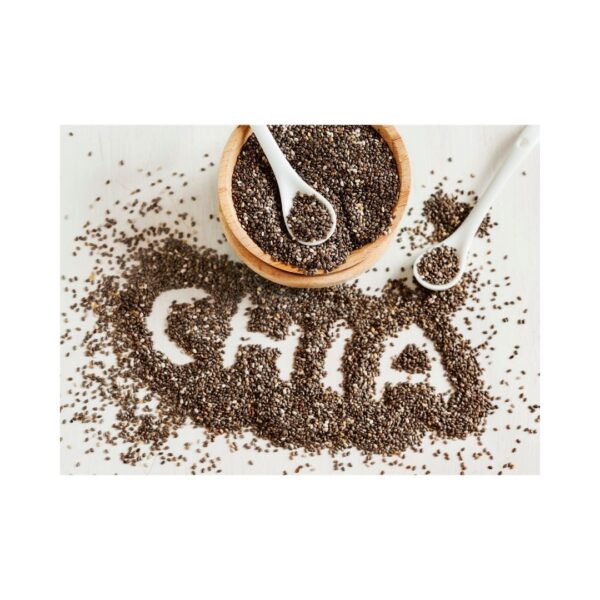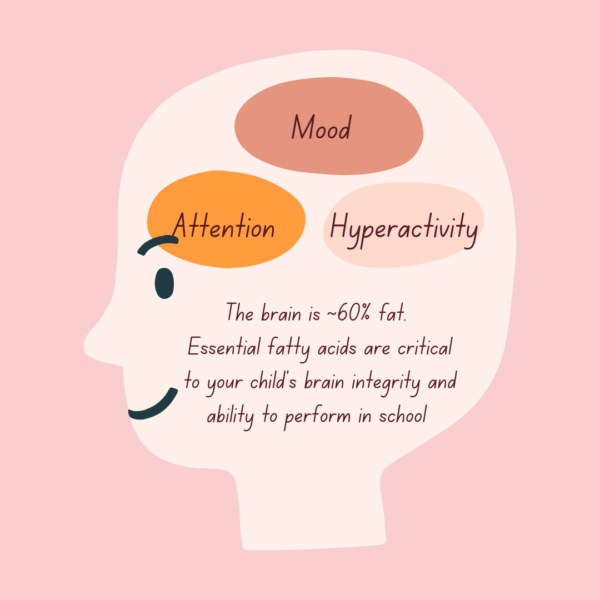Let’s Talk About Iron Deficiency…
Iron deficiency is a worldwide problem… According to the World Health Organization up to 80% of the world’s population suffers from iron deficiency. Iron is a critical mineral for the mind and body, involved in everything from keeping us feeling energized and maintaining our immune …


